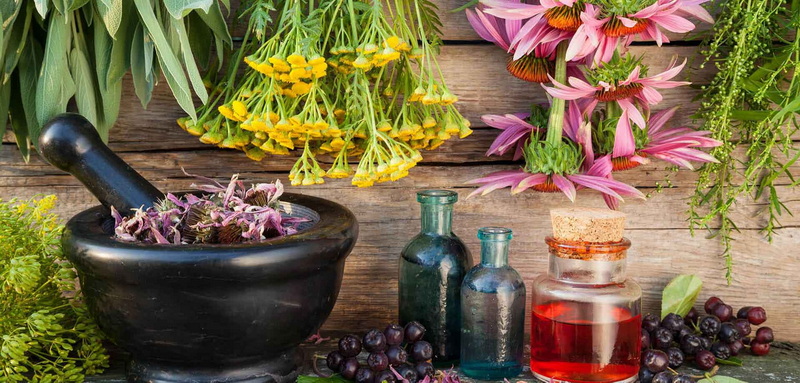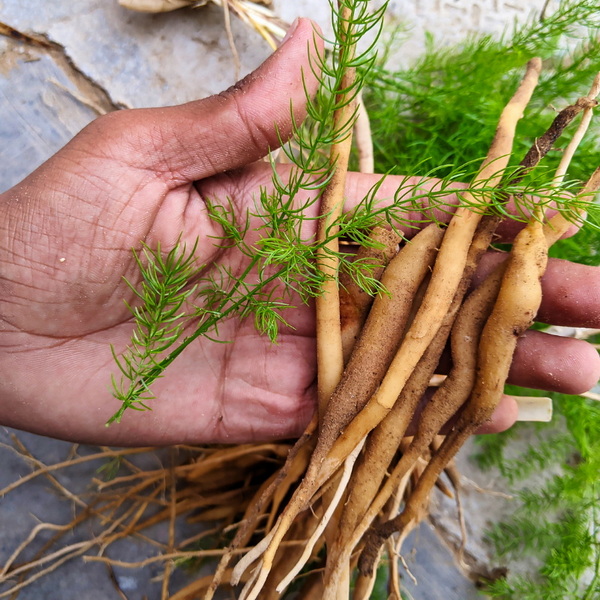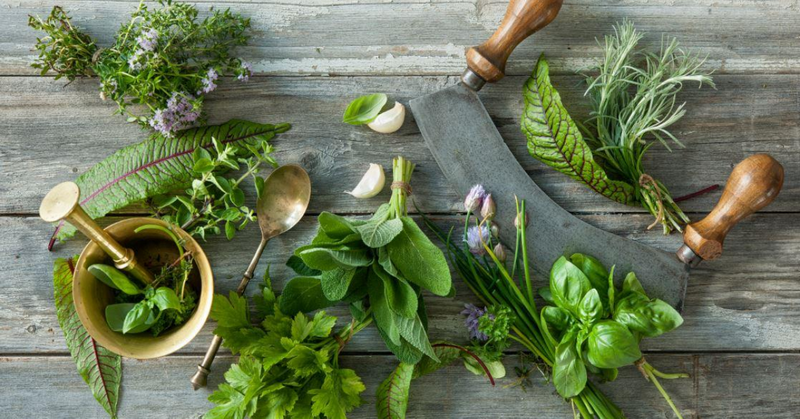Content Menu
● Overview of the Botanical Extracts Industry in Russia
>> Key Application Areas
● Top Botanical Extracts Manufacturers in Russia
>> 1. Herbal Creations
>> 2. RusExtract
>> 3. Silverline Chemicals
>> 4. L.E.V. (Ekstraktu rūpnīca)
>> 5. Botanic Healthcare
● Advanced Extraction Technologies
● Market Trends and Consumer Behavior in Russia
● Sustainability and Ethical Manufacturing
● Additional Insights on Industry Challenges and Opportunities
● Conclusion
● Frequently Asked Questions (FAQs)
>> 1. What are the main types of botanical extracts produced in Russia?
>> 2. How do Russian manufacturers ensure the quality of botanical extracts?
>> 3. What extraction technologies are commonly used by Russian botanical extract manufacturers?
>> 4. How is the Russian botanical extracts market evolving in terms of consumer preferences?
>> 5. What challenges do botanical extract manufacturers face in Russia?
The botanical extracts industry in Russia has witnessed significant growth and development in recent years, driven by increasing consumer demand for natural, organic, and health-promoting products. Russia's rich biodiversity and vast ecologically clean regions provide an excellent foundation for sourcing high-quality raw materials for botanical extracts. This article explores the top botanical extracts manufacturers in Russia, their production technologies, market trends, and the future outlook of this vibrant sector.

Overview of the Botanical Extracts Industry in Russia
Botanical extracts are concentrated substances derived from plants, containing active phytochemicals that offer various health and cosmetic benefits. In Russia, the market for plant extracts has expanded steadily, growing from around 230 million USD in 2018 to approximately 310 million USD in 2022, with a compound annual growth rate (CAGR) of 7.8%. This growth is fueled by consumer preference for natural products, government support for the herbal industry, and increasing applications across pharmaceuticals, cosmetics, food and beverages, and dietary supplements.
Key Application Areas
- Pharmaceutical Industry: Adaptogenic extracts such as ginseng and eleuthero hold a dominant 45% market share.
- Food & Beverage: Functional drinks and health foods account for 30%.
- Cosmetics: Natural plant-based skincare products represent 15%.
- Dietary Supplements: Immune-boosting products make up 10% of usage.
Popular extracts include adaptogens (ginseng, rhodiola), immune modulators (echinacea, elderberry), digestive aids (chamomile, peppermint), and nervous system support herbs (valerian, St. John's Wort).
Top Botanical Extracts Manufacturers in Russia
Several manufacturers stand out in Russia for their quality, innovation, and sustainable practices in producing botanical extracts.
1. Herbal Creations
Herbal Creations is a premium wholesale supplier of botanical extracts in Russia, specializing in high-quality herbal extracts obtained through solvent or water extraction. Their products are widely used in cosmetics to enhance appearance and scent, with certifications ensuring quality and safety. They focus on natural phytochemicals such as methoxsalen from plants like Ammi majus and Heracleum candicans, emphasizing the therapeutic potential of their extracts.
2. RusExtract
Located in Siberia, RusExtract produces plant extracts from wild-growing raw materials collected in ecologically pristine areas. Their extraction process operates at temperatures up to 45°C to preserve active ingredients. RusExtract offers customized orders and private label manufacturing, with rigorous quality control at every production stage. Their commitment to sustainable sourcing and traceability ensures high-quality botanical extracts for diverse applications.
3. Silverline Chemicals
Silverline Chemicals is a reputable herbal extracts manufacturer in Russia, known for ethical manufacturing practices and deep research capabilities. They produce a wide range of herbal extracts, including peppermint oil, menthol powder, eucalyptus oil, and lavender oil. Their facility is equipped with modern machinery and quality control systems to ensure product purity, potency, and long shelf life. Silverline Chemicals caters to bulk orders and exports, supporting various industries such as pharmaceuticals, cosmetics, and food.
4. L.E.V. (Ekstraktu rūpnīca)
Though based in Europe, L.E.V. collaborates closely with Russian suppliers and emphasizes organic and natural sources for their botanical extracts. Founded in 1978, the company has a long history of producing effective plant extracts and dietary supplements using gentle extraction technologies. They promote ethical manufacturing, sustainable agriculture, and green technologies, aligning with global trends toward environmental responsibility.
5. Botanic Healthcare
While Botanic Healthcare is an Indian company, it has earned recognition as a top herbal extracts manufacturer with a presence in Russia. They combine natural ingredients with innovative manufacturing, including advanced liposomal formulations to enhance bioavailability. Their vertically integrated processes ensure consistent quality, meeting stringent international standards, which benefits Russian customers seeking premium botanical extracts.

Advanced Extraction Technologies
Russian manufacturers employ various extraction methods to maximize the efficacy and purity of botanical extracts:
- Solvent Extraction: Using water, alcohol, or hydro-alcoholic mixtures to pull active compounds from plant materials.
- Supercritical CO2 Extraction: A cutting-edge method that uses CO2 under specific temperature and pressure to extract bioactive components without damaging them. This method yields highly pure extracts free of solvent residues and preserves delicate phytochemicals like flavonoids and essential oils.
- Enzymatic Extraction: Utilizing plant enzymes to enhance the concentration of active ingredients while removing unwanted components, improving extract potency and safety.
These technologies enable manufacturers to produce extracts tailored for pharmaceuticals, cosmetics, functional foods, and dietary supplements.
Market Trends and Consumer Behavior in Russia
Russian consumers show a strong preference for traditional local herbs, with a majority trusting native botanical sources. There is a growing demand for organic-certified products, which has been increasing steadily. Online sales channels now account for a significant portion of plant extract purchases, reflecting a shift toward digital commerce and greater accessibility.
The regulatory environment in Russia has become more stringent, requiring Eurasian Economic Union (EAC) certification, simplified registration for traditional herbal products, stricter labeling, and scientific evidence for health claims. These regulations ensure product safety and quality but also raise entry barriers for new manufacturers, encouraging established companies to innovate and maintain high standards.
Sustainability and Ethical Manufacturing
Leading manufacturers in Russia and their partners emphasize sustainability:
- Sourcing raw materials from ecologically clean regions.
- Promoting organic farming and sustainable agriculture.
- Reducing environmental impact through energy conservation and waste reduction.
- Ensuring social responsibility, fair labor practices, and community engagement.
These efforts align with global trends and consumer expectations for ethically produced botanical extracts. Some manufacturers are also investing in renewable energy and waste recycling programs to minimize their ecological footprint.
Additional Insights on Industry Challenges and Opportunities
Despite the promising growth, the botanical extracts industry in Russia faces several challenges. These include navigating complex regulatory frameworks that vary across regions, managing supply chain logistics in remote areas, and addressing currency fluctuations that impact export competitiveness. However, these challenges also present opportunities for innovation, such as developing more efficient extraction technologies, enhancing traceability through blockchain, and expanding into emerging markets.
The increasing consumer awareness about health and wellness is driving demand for novel botanical extracts with scientifically validated benefits. Russian manufacturers are investing in research and development to explore new plant species and extraction methods, aiming to create unique products that cater to both domestic and international markets. Collaborations with academic institutions and international partners further bolster innovation and quality assurance.
Conclusion
The Russian botanical extracts industry is robust and growing, supported by rich natural resources, advanced extraction technologies, and increasing consumer demand for natural and organic products. Top manufacturers like Herbal Creations, RusExtract, Silverline Chemicals, L.E.V., and Botanic Healthcare exemplify quality, innovation, and sustainability in this sector. Despite regulatory challenges, the market offers substantial opportunities for companies that prioritize quality, traceability, and ethical practices. As consumer awareness and e-commerce expand, Russia is poised to become a significant player in the global botanical extracts market.

Frequently Asked Questions (FAQs)
1. What are the main types of botanical extracts produced in Russia?
Russia produces a variety of botanical extracts including adaptogens such as ginseng and rhodiola, immune modulators like echinacea and elderberry, digestive aids including chamomile and peppermint, and cosmetic extracts such as lavender and rosemary.
2. How do Russian manufacturers ensure the quality of botanical extracts?
Manufacturers implement rigorous quality control at every stage, including careful raw material selection from ecologically clean areas, controlled extraction temperatures, and advanced testing for purity, potency, and safety using technologies such as high-performance liquid chromatography (HPLC) and gas chromatography (GC). Certifications like EAC and ECOCERT further ensure compliance with quality standards.
3. What extraction technologies are commonly used by Russian botanical extract manufacturers?
Common extraction methods include solvent extraction using water and alcohol-based solvents, supercritical CO2 extraction for obtaining highly pure extracts without solvent residues, and enzymatic extraction to maximize active ingredient concentration while preserving bioactivity.
4. How is the Russian botanical extracts market evolving in terms of consumer preferences?
Consumers in Russia increasingly prefer organic and locally sourced herbs, showing willingness to pay a premium for quality and sustainability. The rise of e-commerce has facilitated greater access to botanical extracts, and there is growing interest in preventive healthcare products and natural cosmetics.
5. What challenges do botanical extract manufacturers face in Russia?
Challenges include navigating complex and evolving regulatory requirements, dealing with regional protectionist policies, overcoming logistical hurdles in remote areas, managing currency fluctuations affecting exports, and maintaining high standards of quality and traceability throughout the supply chain.






























